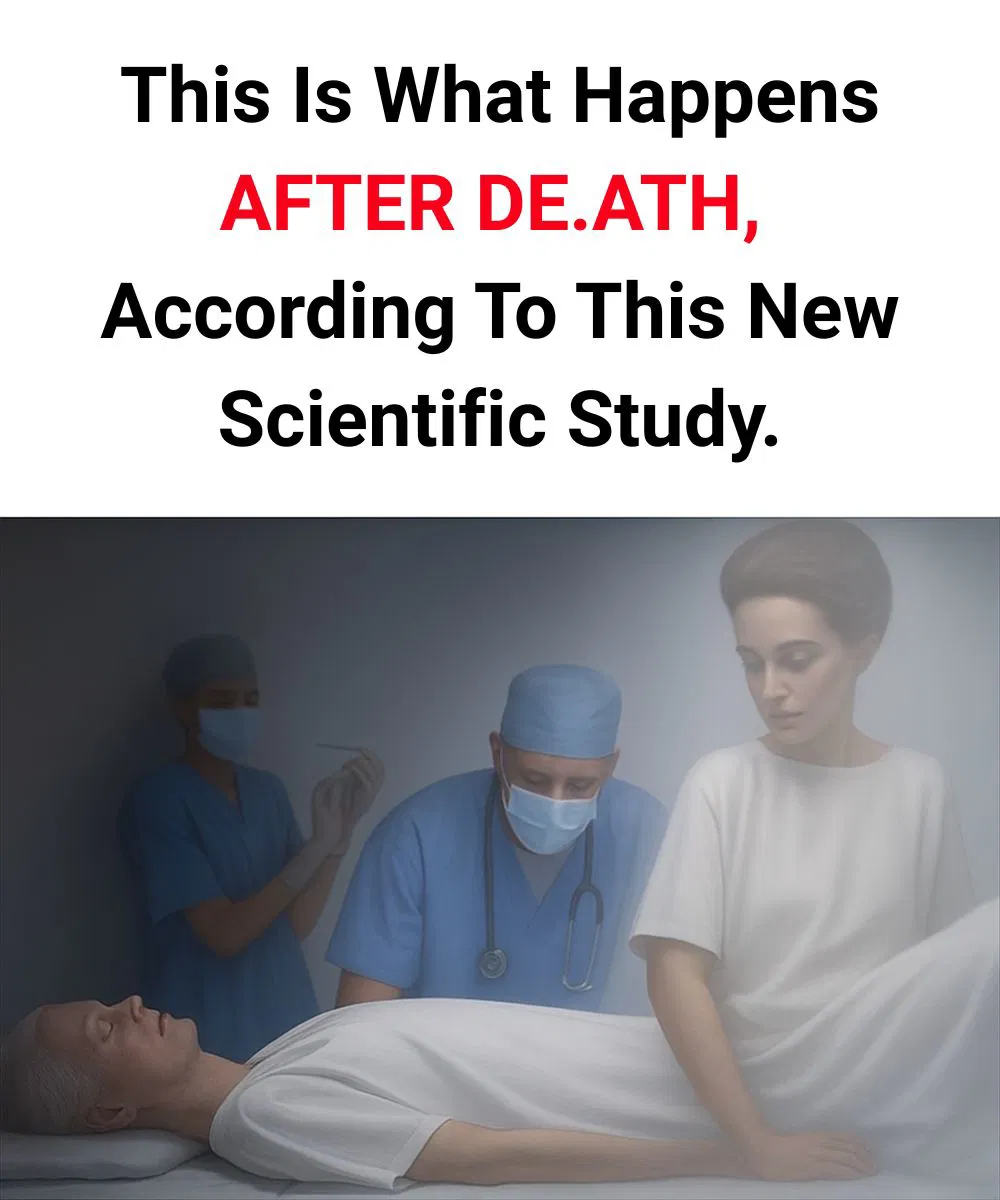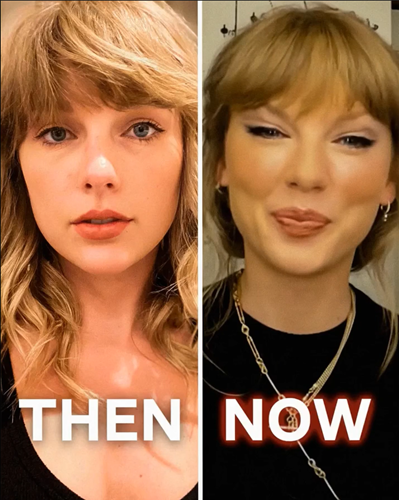What Happens After We Die?
New Research Challenges the Finality of D3ath
Since ancient times, the moment of d3ath has stirred deep questions across cultures. Even with the remarkable progress of modern science and medicine, what happens as life ends—and what might come next—continues to captivate and confuse researchers, philosophers, and ordinary people alike.
But now, a large-scale scientific study is shedding light on one of life’s most profound mysteries.
A Global Study into Near-D3ath Experiences
In a major research effort led by the University of Southampton and involving medical teams from the U.K., U.S., and Australia, over 2,000 cardiac arrest survivors were interviewed after being revived. This is considered one of the most comprehensive investigations ever conducted on near-d3ath experiences (NDEs).
The Findings: Memories After the Heart Stops
Remarkably, some patients who had been clinically dead for several minutes—without heartbeat or breath—reported vivid recollections. These included memories of hospital rooms, conversations between doctors and nurses, and even sensations from their own bodies.
In several cases, these reports were later confirmed by the medical staff who were present, lending credibility to the accounts and suggesting these were not just imagined or hallucinated events.

Is Consciousness Still Active After Clinical D3ath?
These findings imply that a level of conscious awareness may continue briefly after the heart stops. This challenges the traditional definition of death as the exact moment when brain function ceases.
The researchers suggest that the brain might not shut down instantly after the heart stops but may retain the ability to process information for a short time—opening up serious questions about how we define life and death.
Broader Implications: Science Meets Philosophy
This study doesn’t just affect how we understand medical resuscitation—it also invites us to rethink what it means to be alive, and what happens when life ends.
Some questions raised by the study include:
- Could near-d3ath experiences have a scientific basis?
- How tightly is our consciousness tied to our physical body?
- Might d3ath be more of a process than a single event?
Reflections and Takeaways
- Emotional perspective: Understanding d3ath may help people live more purposefully and value each day.
- Support open-minded research: Continued study into these phenomena could uncover truths that once seemed off-limits.
- Improve end-of-life care: Insights into the final stages of life may allow better support for patients and families.
- Encourage deeper dialogue: These findings call for collaboration between science, spirituality, and philosophy.
Final Thoughts
Instead of viewing d3ath as a sudden end to consciousness, this research hints it might be a more gradual shift—where the mind may remain active for moments after the body has stopped.
For both medicine and our personal outlook on life, these discoveries offer a compelling reason to look at the end not just with fear—but with curiosity, wonder, and a drive to understand more.




